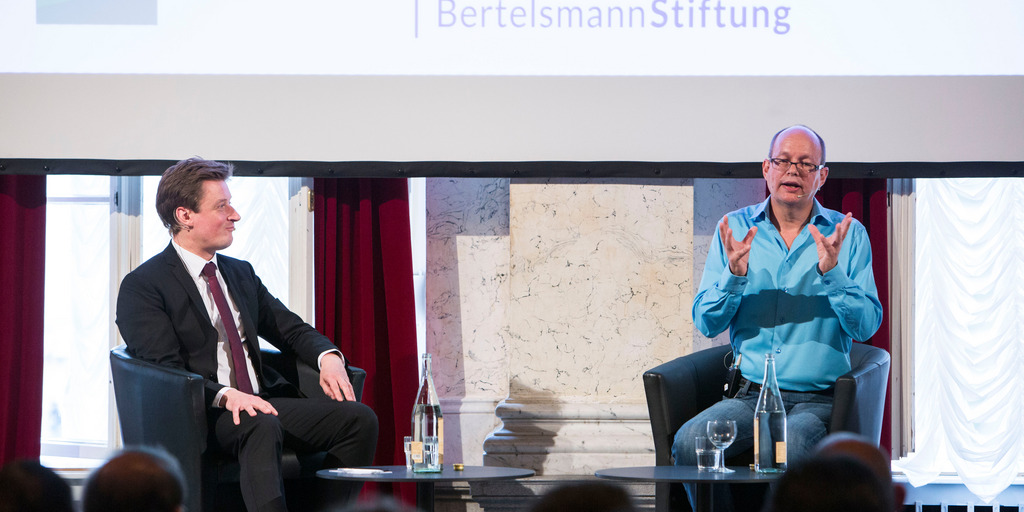An old communist joke has it that Marxists can tell the future but find the past more difficult to predict. One-party states constantly rewrite their own history, if only because it legitimizes the present. China is the most recent example for this practice of searching for legitimacy by creating a new kind of nationalism based to a large degree on historical arguments.
Against this background, Frank Dikötter, professor of history at the University of Hong Kong and one of the most renowned scholars of modern Chinese history, discussed "the China story" in a public lecture organized by the Bertelsmann Stiftung as part of the Berlin "Asia-Pacific Weeks". In a nutshell the "China story" goes like this: the country was all misery and humiliation until it was liberated by the communists in 1949. A period of transition followed under Mao Zedong, but the turning point is the advent of Deng Xiaoping, the architect of economic reforms who turned China into a huge success story, one that has today become a viable alternative to democracy for countries around the world. Endless versions of this story are propagated not only by Beijing, but also by true believers abroad, whether politicians, entrepreneurs or sinologists.
Yet, according to Dikötter, this narrative of Chinese history does not sustain a critical reality check. "The story is propaganda, not history." Instead it seems to follow the insight George Orwell proclaimed in his novel 1984:





